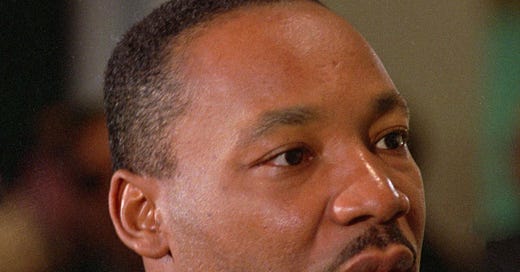Author’s Note: This was written during the Obama Administration, January 2010. At the time I paid a great deal more attention to politics than psychology and more to social fitness than personal fitness. It was a time before the Woke mind virus took hold, but while multiculturalism began hardening into the new racial gating it has become. As I now use t…
Keep reading with a 7-day free trial
Subscribe to Stoic Observations to keep reading this post and get 7 days of free access to the full post archives.





